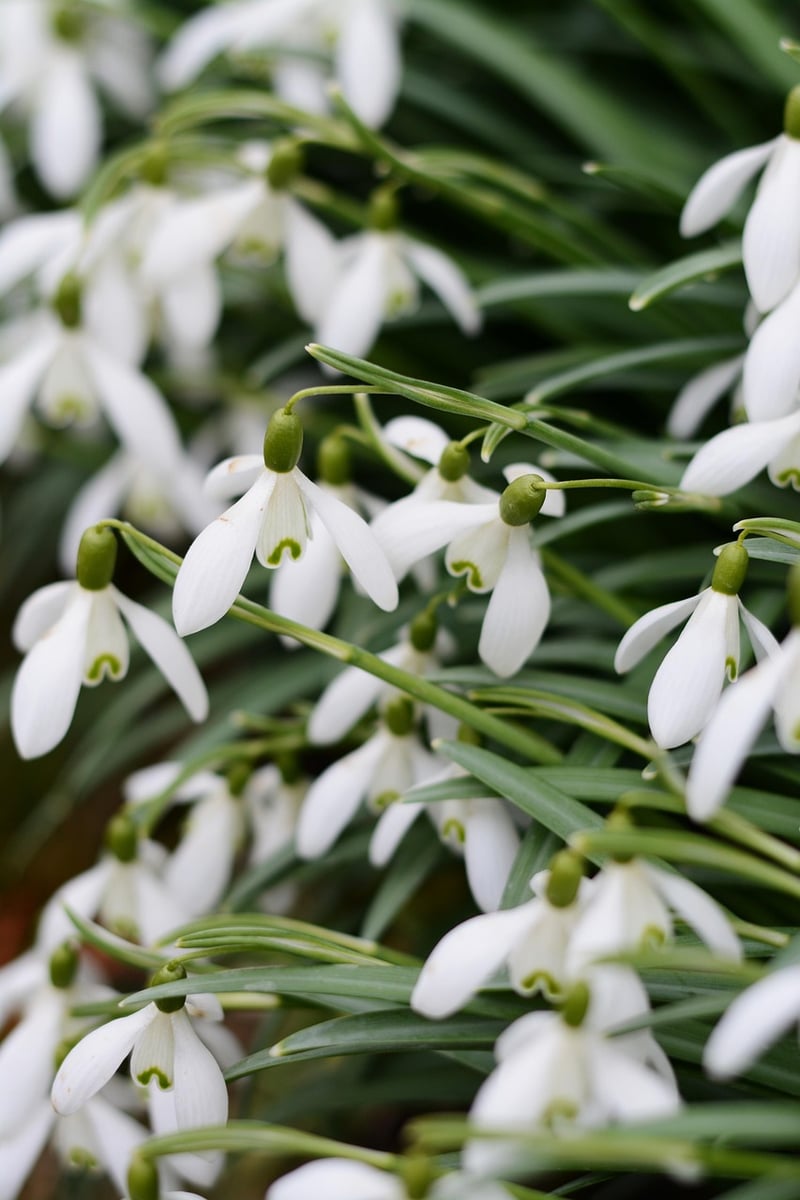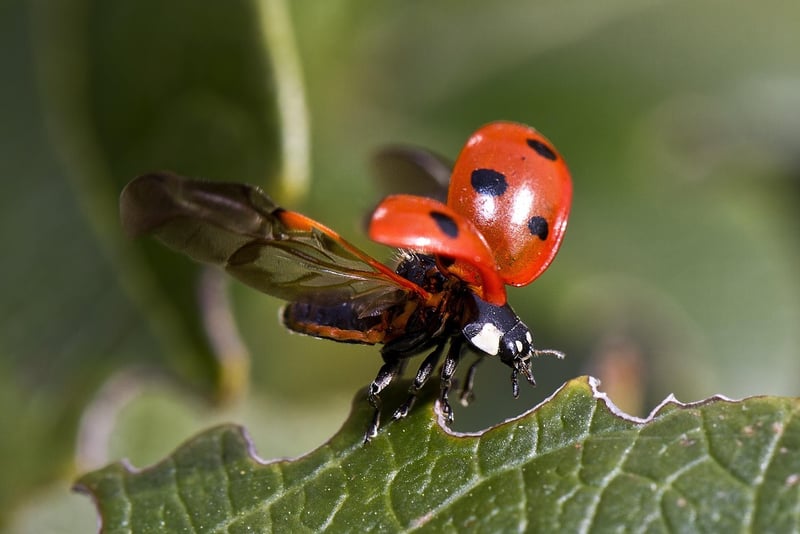Pest Control
Essential Plant Nurturing Advice + Pest Control
Introduction
Welcome to our guide on essential plant nurturing advice and pest control! Whether you're a novice or seasoned gardener, these tips will help your plants thrive and stay healthy. Let's dive in!
Plant Nurturing Advice
1. Watering
Provide adequate water to your plants based on their specific needs. Overwatering can lead to root rot, while underwatering can cause wilting. Ensure proper drainage for potted plants.
2. Sunlight
Place your plants in locations that receive the right amount of sunlight. Some plants need full sun, while others thrive in partial shade. Understand your plant's sunlight requirements.
3. Soil and Fertilizer
Use well-draining soil appropriate for your plant type. Consider fertilizing your plants during the growing season but avoid over-fertilization, which can harm the plant.
4. Pruning and Deadheading
Regularly prune your plants to encourage healthy growth and remove dead or diseased parts. Deadheading flowering plants can promote continuous blooms.
5. Monitoring and Care
Keep an eye on your plants for signs of pests or diseases. Act promptly if you notice any issues to prevent them from spreading. Regularly clean and inspect your plants.
Pest Control
Despite our best efforts, pests can sometimes find their way to our plants. Here are some natural pest control methods:
1. Neem Oil
Neem oil is a natural insecticide that can help control common garden pests like aphids, mites, and scale. Dilute as per instructions and apply to affected plants.
2. Beneficial Insects
Introduce beneficial insects like ladybugs, lacewings, or predatory mites to your garden. These insects feed on pests, helping to keep their populations in check.
3. Companion Planting
Planting certain flowers and herbs alongside your vegetables can repel pests. For example, marigolds can deter nematodes, while basil can repel mosquitoes and flies.
4. Homemade Sprays
You can create homemade pest control sprays using ingredients like garlic, chili peppers, or soap. These sprays can deter pests without harming your plants.
5. Physical Barriers
Use physical barriers like row covers or netting to protect your plants from pests like caterpillars or birds. Regularly inspect these barriers for any signs of damage.
Conclusion
By following these essential plant nurturing tips and implementing natural pest control methods, you can maintain a healthy and thriving garden. Remember to observe your plants regularly and provide them with the care they need to flourish!


